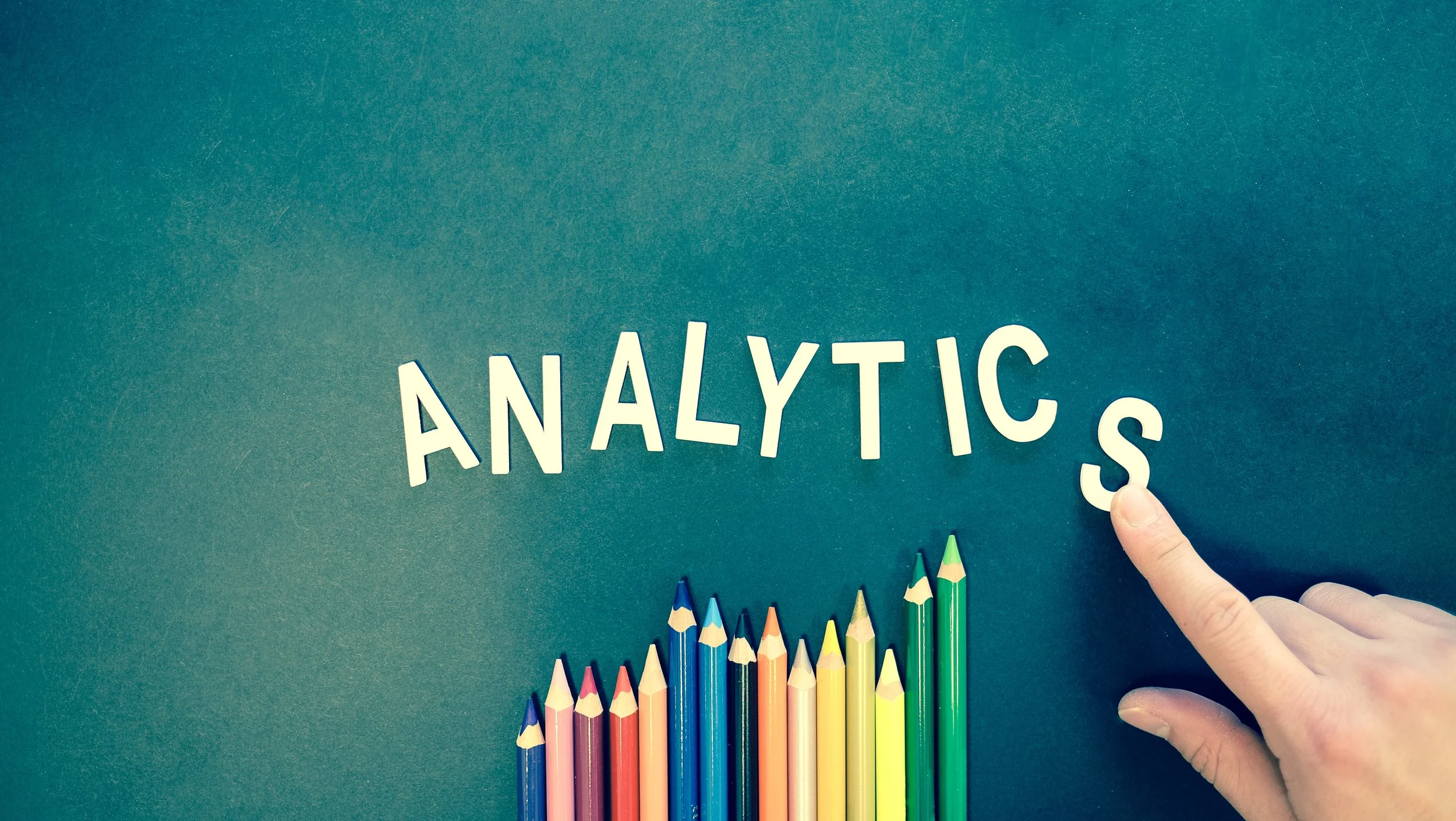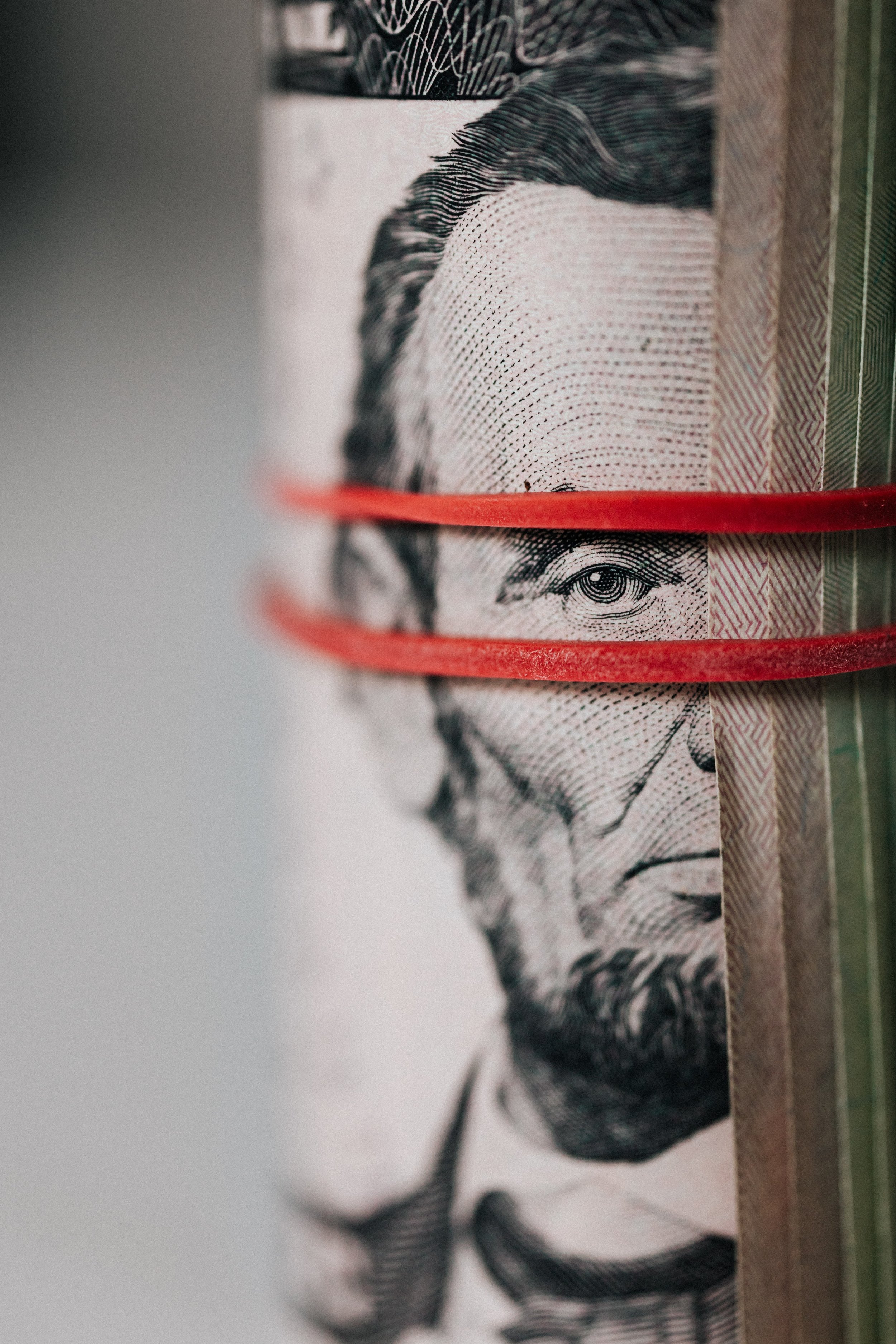Unveiling the Blockchain Revolution in Supply Chain Management: Transparency, Traceability, and Security

The blockchain isn’t just that weirdly-named coin that your uncle raved about at the Thanksgiving dinner table.
Imagine… a seamless flow of goods from manufacturer to consumer, with every step of the journey transparent, traceable, and secure. Sounds like a dream, right? Well, thanks to blockchain, it's becoming a reality.
First off, let's break down what blockchain is all about.
What is it?
Essentially, the blockchain is a decentralized digital ledger that records transactions across multiple computers in a way that's transparent, immutable, and secure. Each block in the chain contains a cryptographic hash of the previous block, creating a tamper-proof record of data.
Why does it matter?
Now, how does this translate into supply chain management?
Let’s pretend that you're a coffee lover, (maybe we don’t have to pretend) and you're curious about the journey your morning brew takes before it reaches your cup. With blockchain, you can trace every step of that journey, from the coffee bean farm to the roastery to the supermarket shelf.
Take IBM's Food Trust platform, for example. It's leveraging blockchain technology to enhance transparency and traceability in the food supply chain. Let's say there's a recall on a batch of spinach due to E. coli contamination. With blockchain, retailers can quickly pinpoint the affected products and remove them from shelves, preventing further spread of the contamination and ensuring consumer safety.
The Walmart Mango
A real-world example is when in 2018, Walmart announced a partnership with IBM to implement blockchain technology in its supply chain. In one instance, Walmart conducted a pilot project using blockchain to trace the origin of mangoes sold in its stores. When a customer reported getting sick after eating a mango, Walmart was able to trace the mango back to its source farm in seconds, a process that would have taken days or even weeks using traditional methods.
This capability to quickly pinpoint affected food products is crucial for preventing the further spread of illness, minimizing the impact on public health, and maintaining consumer trust in the safety and integrity of the food supply chain.
Blockchain, the superhero
But it's not just about transparency and traceability; blockchain also beefs up security in supply chains. Traditional supply chain systems are vulnerable to fraud, counterfeit goods, and data breaches. By storing data in a decentralized and encrypted manner, blockchain makes it incredibly difficult for bad actors to tamper with information or introduce fake products into the supply chain.
One company leading the charge in blockchain-powered supply chain security is VeChain. They're using blockchain to authenticate luxury goods, track pharmaceuticals, and even verify the authenticity of wine bottles. By scanning a QR code on the product, consumers can access a wealth of information about its origin, production process, and authenticity, giving them peace of mind and trust in the product.
High-end retail brands - like Gucci, Prada, and even the automaker McLaren - are diving head-first into the world of blockchain to protect the exclusivity of their goods.
What’s the price?
Now, let's talk about the elephant in the room: cost.
Implementing blockchain technology in supply chains does require an initial investment in infrastructure and integration. App development for the blockchain can have a hefty price tag of $30k to $5m, depending on whether the project is launched in-house or if a third-party developer is hired but the organization.
However, the long-term benefits far outweigh the upfront costs. Increased efficiency, reduced fraud, and improved consumer trust can lead to significant savings and competitive advantages for businesses.
The Takeaway: Don’t sleep on Blockchain tech
Blockchain technology is revolutionizing supply chain management by enhancing transparency, traceability, and security. From coffee beans to luxury handbags, blockchain is empowering consumers to make informed choices and giving businesses the tools they need to build trust and efficiency in their supply chains.
So, let's raise our cups to the blockchain revolution – the future of supply chain management is looking brighter than ever.
Valentine's Day is a holiday filled with love, flowers, and lots of chocolate. Let's take a look at this graphic showing just how much goes into Cupid's Birthday every single year.
The blockchain isn’t just that weirdly-named coin that your uncle raved about at the Thanksgiving dinner table.
In a world where being eco-conscious is more important than ever, the transportation game is stepping up its green game.
What are the future trends in logistics? Let's chat about what's cooking in the world of transportation.
Let's face it, the world can be a pretty wild place. Every now and then, global events come along that significantly throw us off-balance - especially in the way everything gets made and shipped.
So, you're in the logistics game, and you know that keeping your customers happy is an absolute must. But how do you figure out if you're actually succeeding at customer service?
Navigating the logistics world can sometimes feel like a unique challenge... but trust me, you've got the skills and determination to make some waves in this industry.
In the hustle and bustle of the logistics world, we all know how vital it is to get things right - and hopefully, the first time. Whether it be getting that package to your doorstep on time or making sure goods reach stores and factories without a hitch. But here’s the real question: how do we keep the tech advancements and good ol’ human touch in perfect harmony in this ever-changing industry?
Whether you're new to the industry or want to step up your game, let’s map out your journey to becoming a first-rate logistics leader while on the move.
Navigating the Current: Inflated Fuel, Wage Woes, and Biden's Approval Slides in the Era of Love in Cyberspace, Fueling Relief, and Charging Ahead with Car Costs and Senior Surge, All Against the Backdrop of Inflated Timelines and Charged Distances.
In the world of logistics, where every second counts and every mile matters, technology is rewriting the rules of the game.
Transportation executives, industry observers, and local politicians nodded approvingly and wholeheartedly welcomed the federal largess. After all, the Bipartisan Infrastructure Bill was a once-in-a-generation investment in the country’s logistics infrastructure. The legislation was long overdue and could help reset the supply-chain mess that caused so much havoc during the pandemic.
Explore the dynamic landscape of today's economy with a visual journey through key trends and data points. From plummeting gasoline prices to intriguing shifts in job openings and consumer sentiment, our collection of graphs and visuals offers an engaging perspective on the economic forces at play.
Explore the latest updates on politics, economics, demographics, and more in our informative blog post. Discover insights into crucial topics such as election dynamics, financial trends, population changes, and public opinion. Stay informed with our in-depth analysis of the issues shaping our world today.
Let’s dive deep into various aspects of the current economic landscape, supported by informative graphs and visuals. From auto owners' struggles with loan payments to the dramatic shifts in global container freight rates, we provide a visual overview of key trends affecting our economy.
Explore Key Trends: Job Declines, Imports Surge, Housing Challenges, Sports Trends, and More in Our Latest Post. Stay Informed!
In the run-up to party nominations, the media delves into horserace analyses, fixated on determining who's leading and who's lagging in the campaign landscape. Trump basks in a substantial lead among Republican contenders, while Biden stands uncontested among Democrats.
Explore the South Coast Air Quality Management District's (AQMD) groundbreaking Indirect Source Rule (ISR) mandate, targeting air quality concerns in Southern California's warehouses. Discover the multifaceted impact on the supply chain industry, as we delve into the advantages and drawbacks of the AQMD ISR mandate.
In our latest blog post, we've compiled a series of informative graphs and visuals that shed light on some crucial economic and societal trends. Let's take a glimpse at some of the key highlights.
In recent years, the push for sustainability and carbon footprint reduction in the transportation industry has intensified. A noteworthy development in this pursuit is the shift from conventional diesel-powered Class 8 trucks to electric power. Advocates of this transition tout its potential for a cleaner environment, reduced operating costs, and heightened energy efficiency. Yet, it is imperative to scrutinize the associated challenges and potential pitfalls.
We're diving deep into a dynamic landscape of economic trends and public sentiments: EV Adoption, Driver Behavior, National Debt, & more.
As inflation continues to make headlines, the impact on public perception and policy remains a critical concern. In this analysis, we delve into the intricacies of inflation reporting, exploring how the Consumer Price Index (CPI) serves as a key metric.
This post delves into various important topics, from nearshoring in supply chains to the 2024 election and economic indicators. Discover the latest insights and trends shaping our world.
Check some of the latest graphics around the web: A series of charts, diagrams, and visual representations showcasing billionaire rankings, transportation employment statistics, mineral demand for EVs, and credit card debt trends.
Let’s delve into the latest U.S. trends: Inflation, Emissions, Consumer Habits, and Hollywood’s Comeback.
In the world of ESG investing, the focus has long been on divesting from brown firms and embracing green ones. However, this conventional approach may not be the most effective way to combat climate change and promote sustainability.
From an in-depth analysis of falling Asian exports to the notable rise in cargo volumes at the Port of Los Angeles to the growing demand for used Teslas. Gain valuable insights into these market shifts and their implications in these comprehensive graphs.
Discover the rising representation of women in the supply chain workforce, top private employers in each state, wealth migration patterns, public confidence levels, energy preferences, air travel recovery, economic growth comparisons, and the latest updates on the job market.
From the impact of the pandemic to the (nearly amusing) rivalry between tech giants… let’s explore the latest trends and developments shaping our world.





























Manifest 2024 served as a reminder of the immense potential that lies ahead in the realm of supply chain technology.